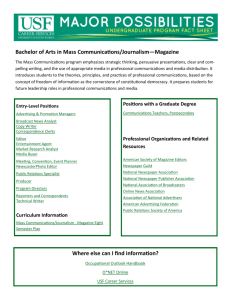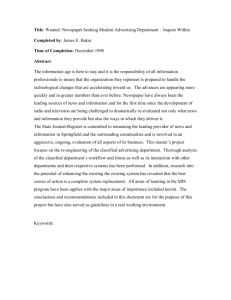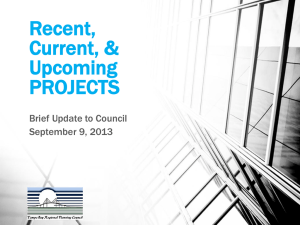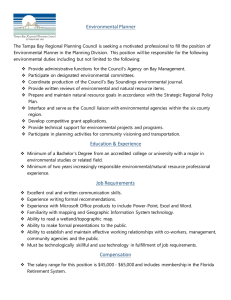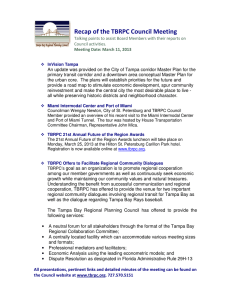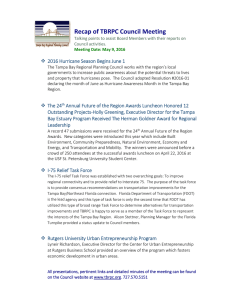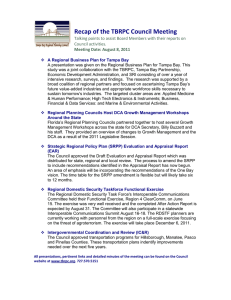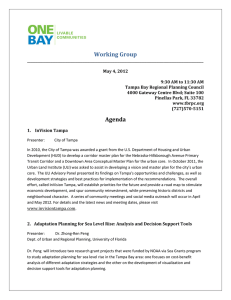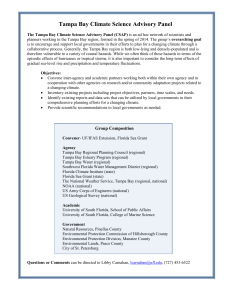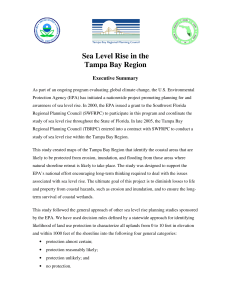Pulitzer Winner Speaks to USF's Mass Communications Students
advertisement
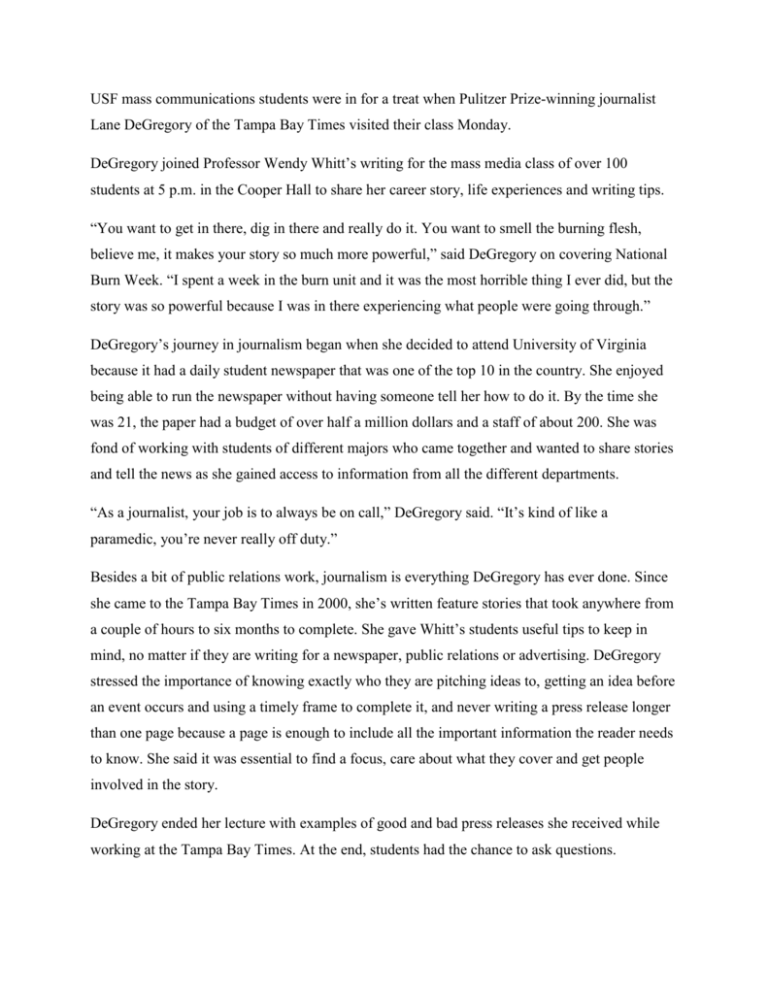
USF mass communications students were in for a treat when Pulitzer Prize-winning journalist Lane DeGregory of the Tampa Bay Times visited their class Monday. DeGregory joined Professor Wendy Whitt’s writing for the mass media class of over 100 students at 5 p.m. in the Cooper Hall to share her career story, life experiences and writing tips. “You want to get in there, dig in there and really do it. You want to smell the burning flesh, believe me, it makes your story so much more powerful,” said DeGregory on covering National Burn Week. “I spent a week in the burn unit and it was the most horrible thing I ever did, but the story was so powerful because I was in there experiencing what people were going through.” DeGregory’s journey in journalism began when she decided to attend University of Virginia because it had a daily student newspaper that was one of the top 10 in the country. She enjoyed being able to run the newspaper without having someone tell her how to do it. By the time she was 21, the paper had a budget of over half a million dollars and a staff of about 200. She was fond of working with students of different majors who came together and wanted to share stories and tell the news as she gained access to information from all the different departments. “As a journalist, your job is to always be on call,” DeGregory said. “It’s kind of like a paramedic, you’re never really off duty.” Besides a bit of public relations work, journalism is everything DeGregory has ever done. Since she came to the Tampa Bay Times in 2000, she’s written feature stories that took anywhere from a couple of hours to six months to complete. She gave Whitt’s students useful tips to keep in mind, no matter if they are writing for a newspaper, public relations or advertising. DeGregory stressed the importance of knowing exactly who they are pitching ideas to, getting an idea before an event occurs and using a timely frame to complete it, and never writing a press release longer than one page because a page is enough to include all the important information the reader needs to know. She said it was essential to find a focus, care about what they cover and get people involved in the story. DeGregory ended her lecture with examples of good and bad press releases she received while working at the Tampa Bay Times. At the end, students had the chance to ask questions. “Her personal approach really clicked for me. Rather than cover something such as an event, make it relatable and emotional,” said advertising major Amanda King. “This applies to advertising as well. By focusing on the personal aspect, you are more likely to be successful.”
